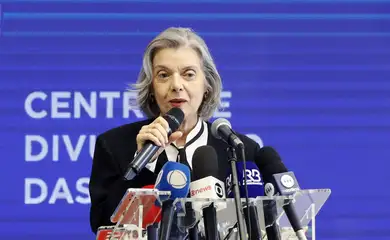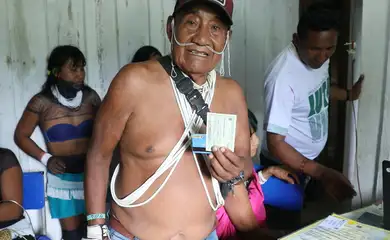Electoral Court notes diversity and youth among Brazil's new mayors

Following the results of the 2024 municipal elections, Brazil's Superior Electoral Court has noted a rejuvenation and increased diversity among the 5,543 mayors, 5,543 deputy mayors, and 58,072 councilors sworn in on Wednesday (Jan. 1) for four-year terms.

The Electoral Court's Open Data Portal reveals that the under-39 age group saw the highest growth among elected officials. Additionally, the number of women elected increased across all contested positions compared to the previous municipal election in 2020.
Age group
The number of mayors aged 29 or younger more than tripled, rising from 36 in 2020 to 119 in this year’s election. In contrast, significant declines were recorded among older age groups: 851 mayors were elected between the ages of 60 and 69, a 29 percent decrease, while those over 70 dropped to 249, a 38 percent decline.
According to the court, the trend for deputy mayors is similar, with the number of those aged 29 or younger tripling, while significant declines were observed in the 50–59 and over-70 age groups.
A similar trend was seen among elected councilors, with younger candidates, aged 39 and under, gaining more ground. “The 60–69 and 70–79 age groups experienced sharp declines,” stated the court.
The median age of elected mayors, deputy mayors, and councilors is 46. "More than a decade ago, in 2012, the median was 56. The median is used to separate the age distribution, excluding outliers that may be at either extreme," the court explained.
Female representation
The number of women elected mayors increased by 7 percent compared to 2020, reaching a total of 728. The growth was even more significant for deputy mayors, with a 15 percent rise, resulting in 1,066 elected women. For councilors, the number of women elected grew by 12 percent, reaching 10,537.
Ethnic diversity
According to the court, representativeness by self-declared race and color shows a "slight decrease" for white candidates across all positions. Among elected mayors, the number of self-declared white mayors dropped by 3 percent (3,634), while the number of indigenous mayors increased by 12 percent (9), and the number of black mayors rose by 14 percent (128).
Among deputy mayors, the number of elected black candidates also saw a significant increase of 38 percent (250), the highest growth among all ethnic groups.
Among councilors, black and indigenous elected representatives saw the largest increases, with an 11 percent rise (3,984) and a 31 percent rise (240), respectively.
Level of education
In terms of education, the majority of those elected in 2024 have completed higher education: 59 percent of mayors (3,285) and 47 percent of deputy mayors (2,617). For councilors, the most common educational level is completed secondary education, with 21,952 (38%) elected, followed by completed higher education.


Dê sua opinião sobre a qualidade do conteúdo que você acessou.
Escolha sua manifestação em apenas um clique.
Você será direcionado(a) para o sistema Fala.BR, mas é com a EBC que estará dialogando. O Fala.BR é uma plataforma de comunicação da sociedade com a administração pública, por meio das Ouvidorias.
Sua opinião ajuda a EBC a melhorar os serviços e conteúdos ofertados ao cidadão. Por isso, não se esqueça de incluir na sua mensagem o link do conteúdo alvo de sua manifestação.
Clique aqui para mais informações sobre a Ouvidoria da EBC.











